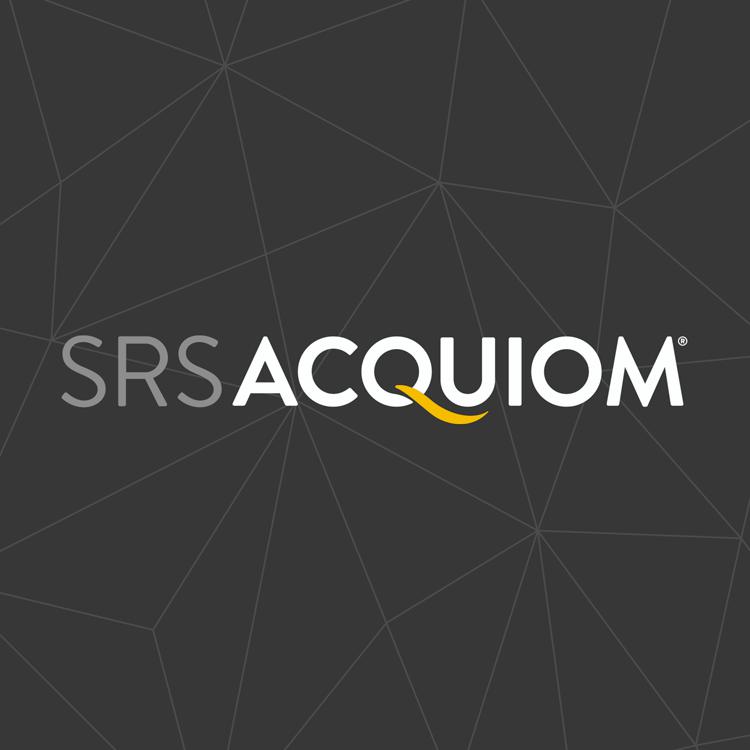
One issue that is often unclear in the indemnification section of the merger agreement is whether attorneys’ fees incurred by a buyer related to a claim constitute damages. Most merger agreements are clear that when the buyer controls an indemnifiable third-party dispute, any legal fees reasonably incurred are recoverable from the escrow. However, there are other situations that often are not addressed, such as whether the buyer’s legal fees are recoverable when:
- The shareholder representative controls a third-party claim but the buyer chooses to retain separate counsel.
- The underlying third-party claim has no merit and/or results in no liability.
- There is no dispute over indemnification for a direct claim (e.g., when the parent company has outside counsel submit its claim for indemnification and claims fees for preparation of the claim).
- The claim is not subject to indemnification under the terms of the merger agreement.
According to the 2022 SRS Acquiom M&A Claims Study, 27% of all indemnification claims relate to the buyer looking to recover fees and expenses incurred in connection with the issue rather than losses related to the issue itself. Therefore, these scenarios are not uncommon. These requests for reimbursement of fees can be difficult for selling shareholders to accept intellectually because shareholders may not understand why they need to pay for an attorney if, for instance, the claim is simply accepted or if no representation or warranty has been breached. In those situations, the sellers will either say that the attorney wasn’t necessary because there was no dispute or there is no indemnifiable issue. Buyers, on the other hand, may assert that they have spent real dollars on a matter related to the merger and should be made whole.
27% of all indemnification claims relate to the buyer looking to recover fees and expenses incurred in connection with the issue rather than losses related to the issue itself.
Sellers may also want legal expenses incurred by the shareholder representative to be construed as damages and therefore be paid out of the escrow fund. Absent specific language authorizing these types of payments, buyers will rarely agree, which is why establishing a robust expense fund or clear mechanism for payment of these fees out of escrow is important. If there is a lack of clarity on these issues, it often creates a secondary dispute that could have been avoided by addressing these scenarios in drafting.

Paul Koenig
Chief Executive Officer tel:303-957-2850
Paul is the chief executive officer and co-founder of SRS Acquiom.
Before co-founding SRS Acquiom, Paul was one of the founding partners of Koenig & Oelsner, a Denver-based corporate and business law firm with a strong practice in mergers and acquisitions, securities, and financing transactions. Prior to that, he was an attorney in the Chicago office of Latham & Watkins, and in the Colorado office of Cooley LLP.
Paul has authored numerous articles and is a frequent speaker at industry events. He received his BBA in finance from the University of Iowa and graduated from Northwestern University School of Law.